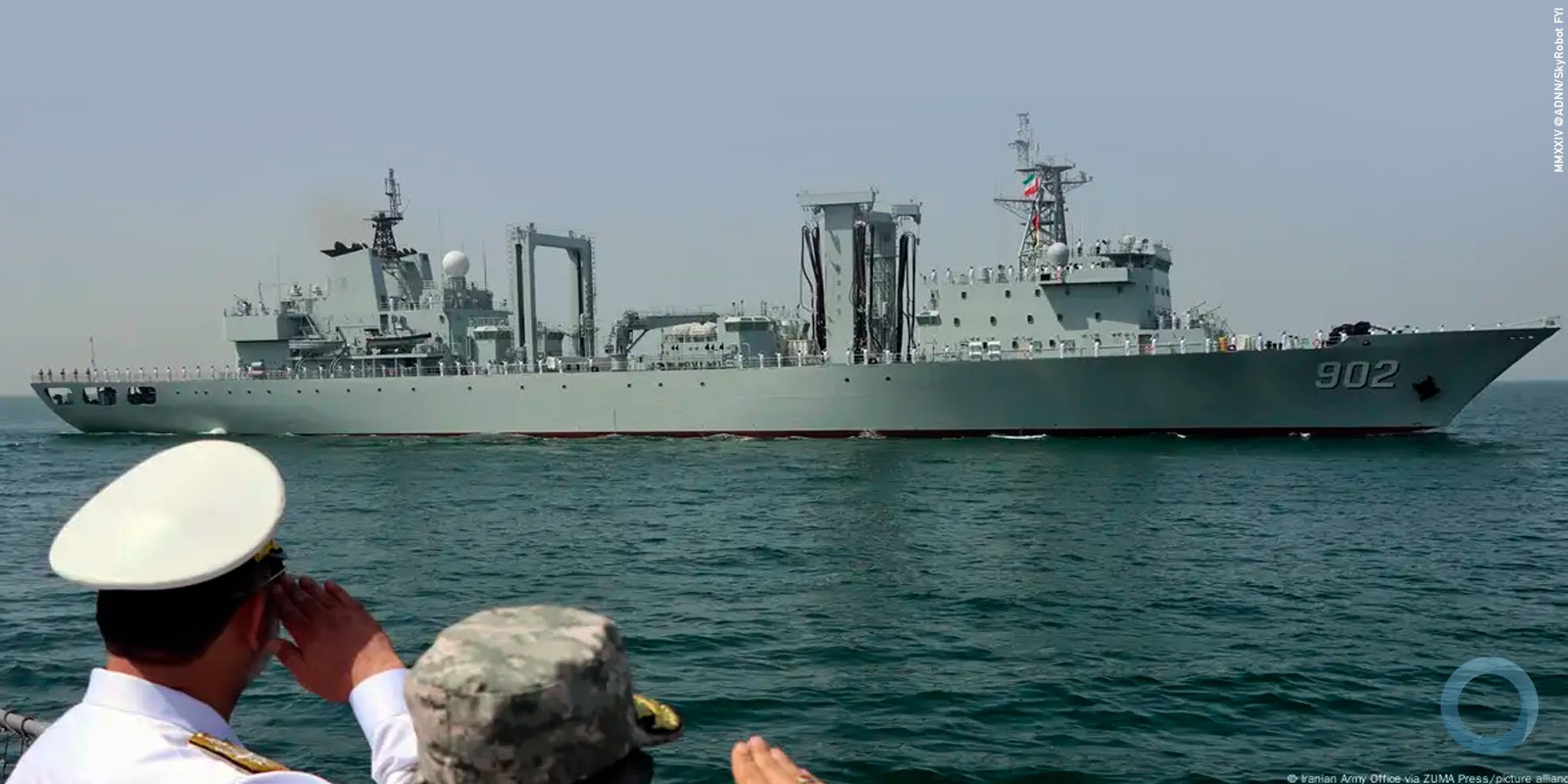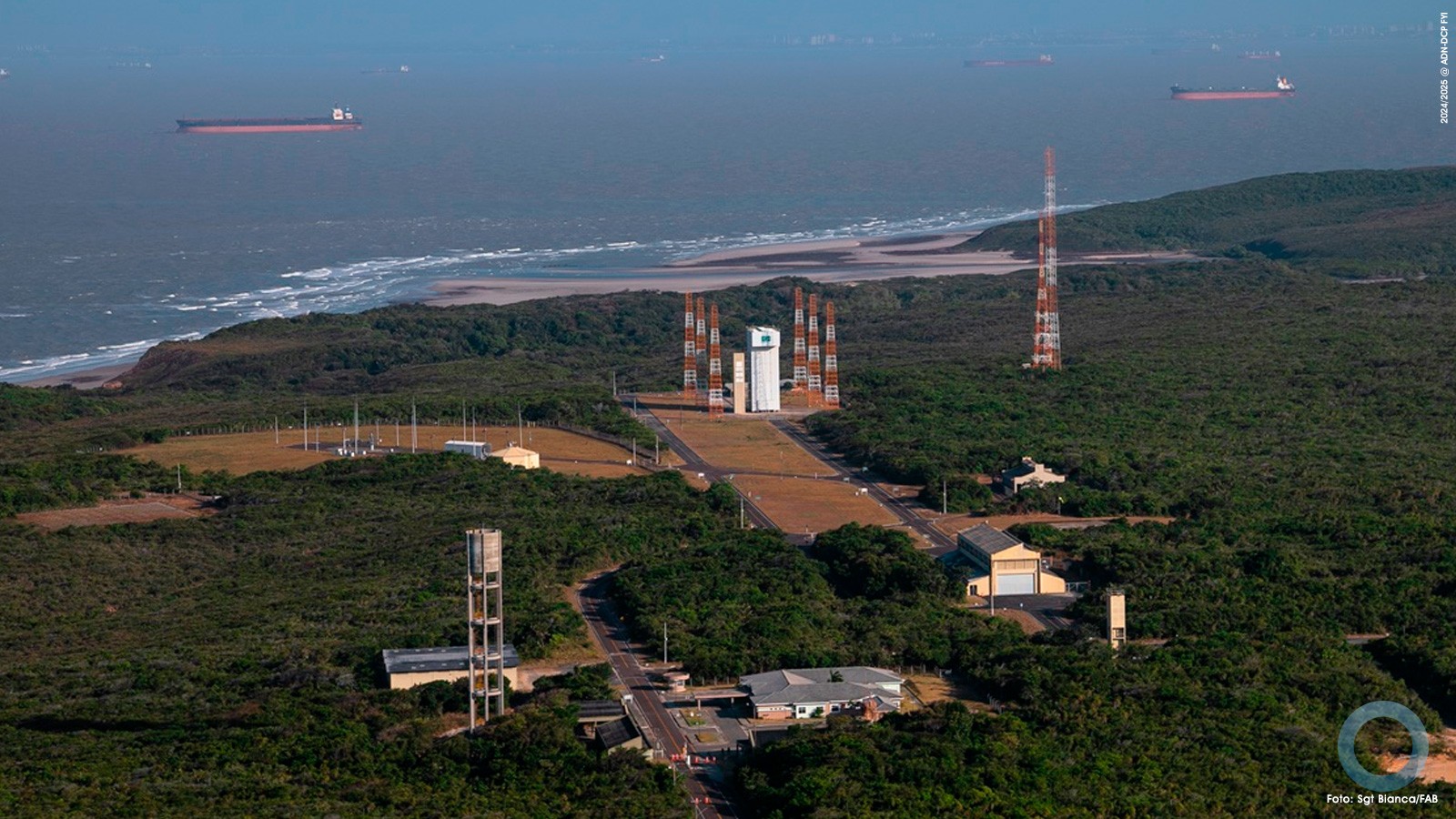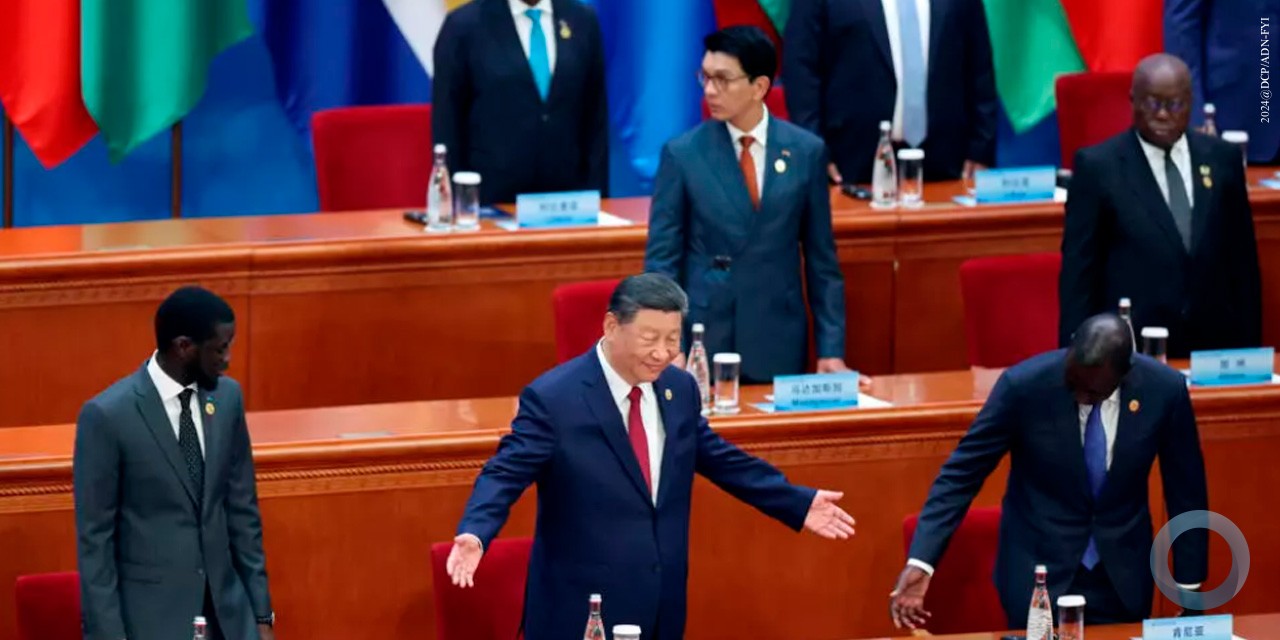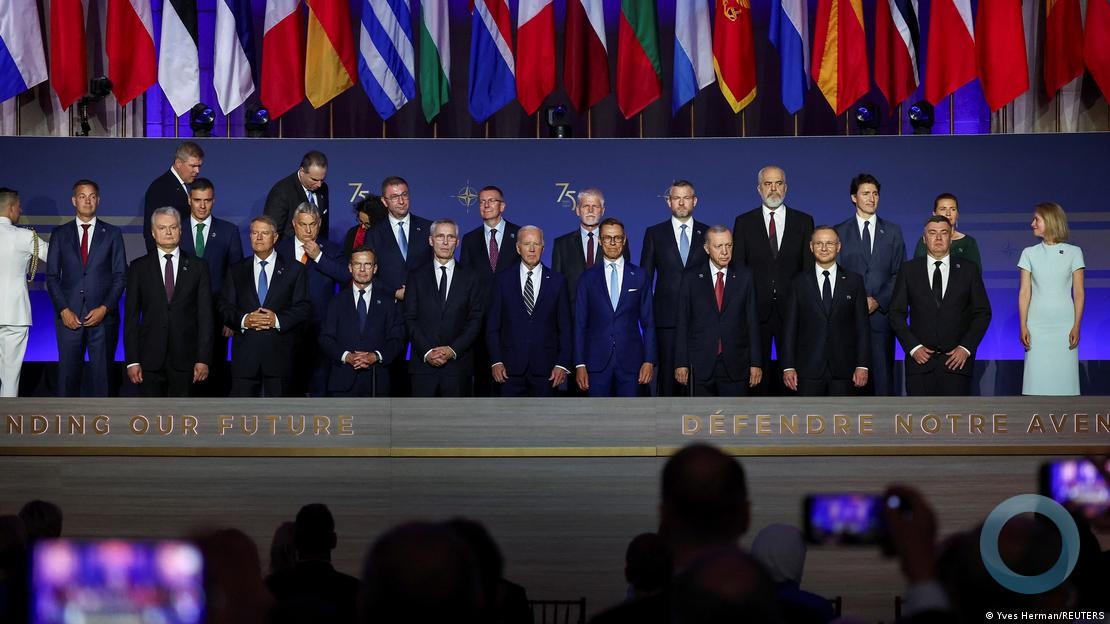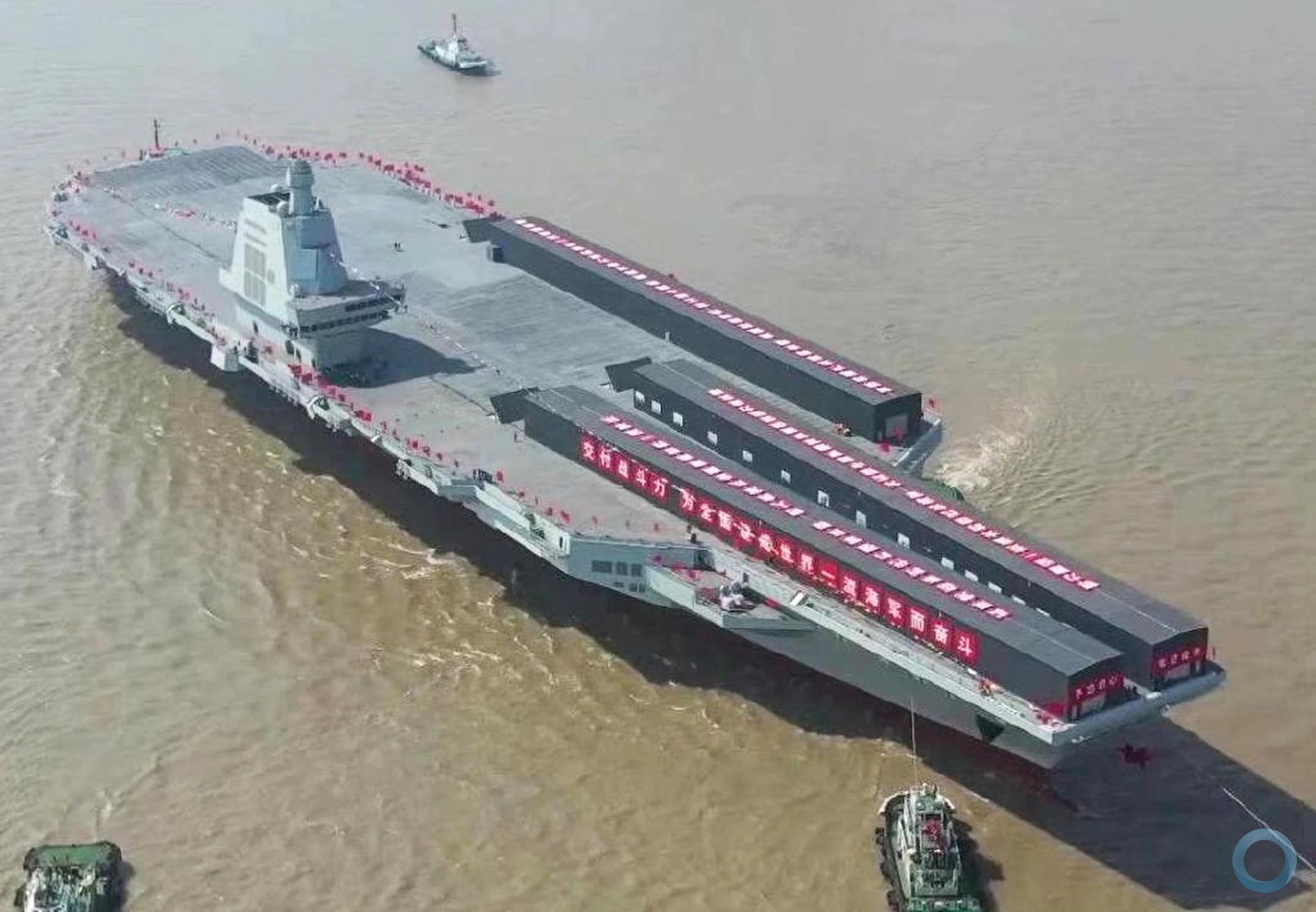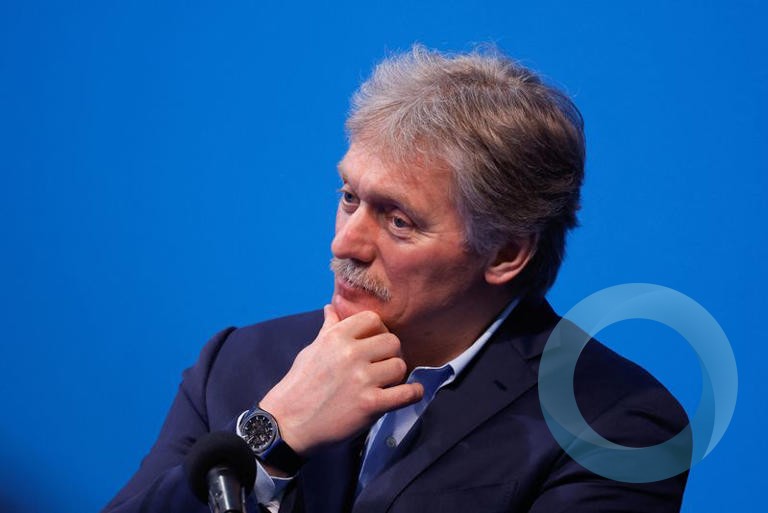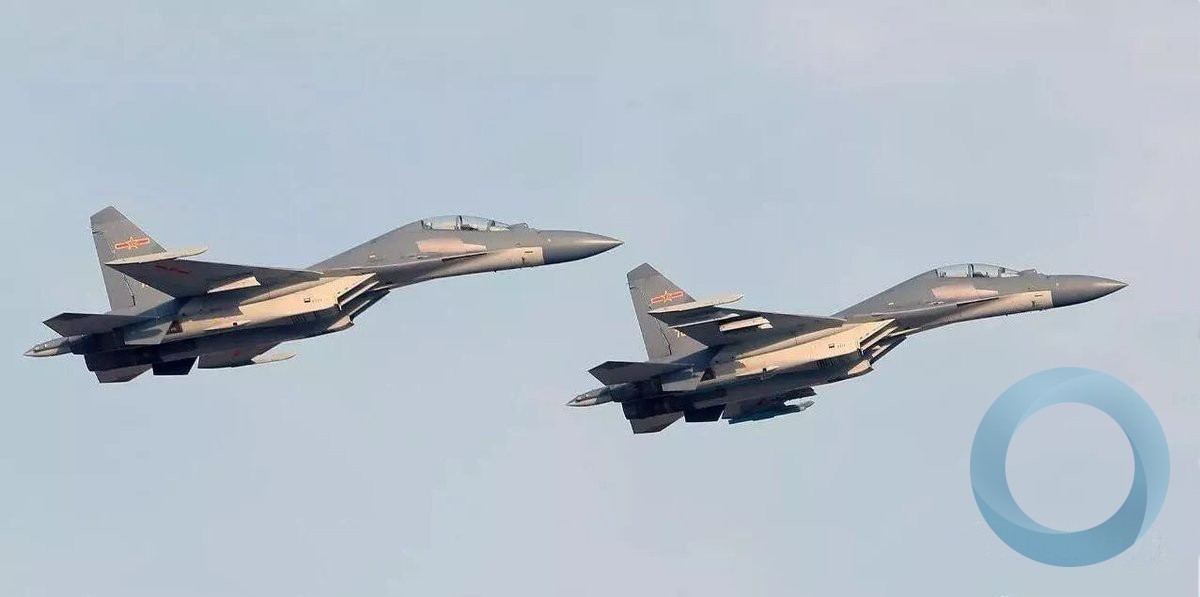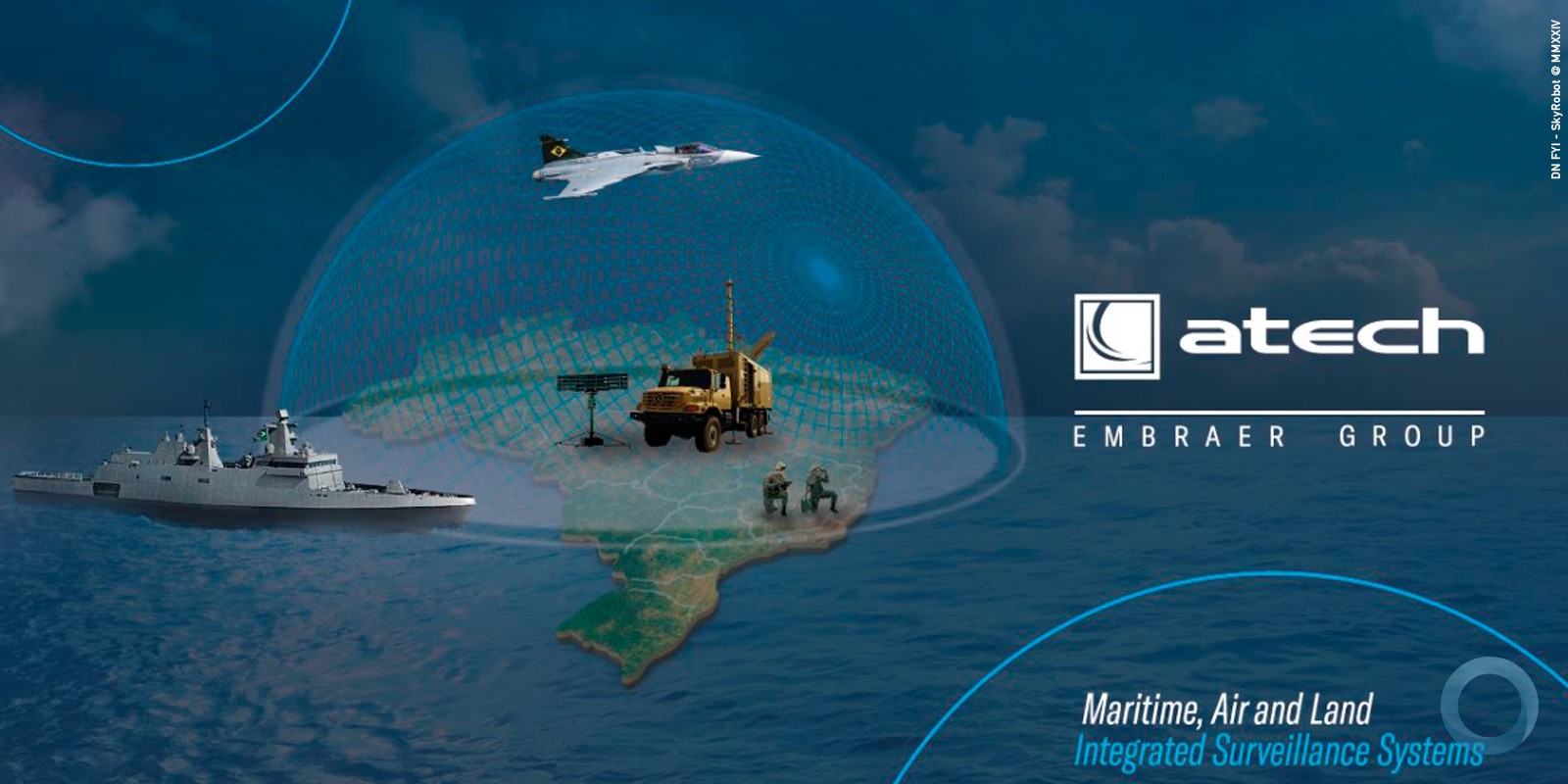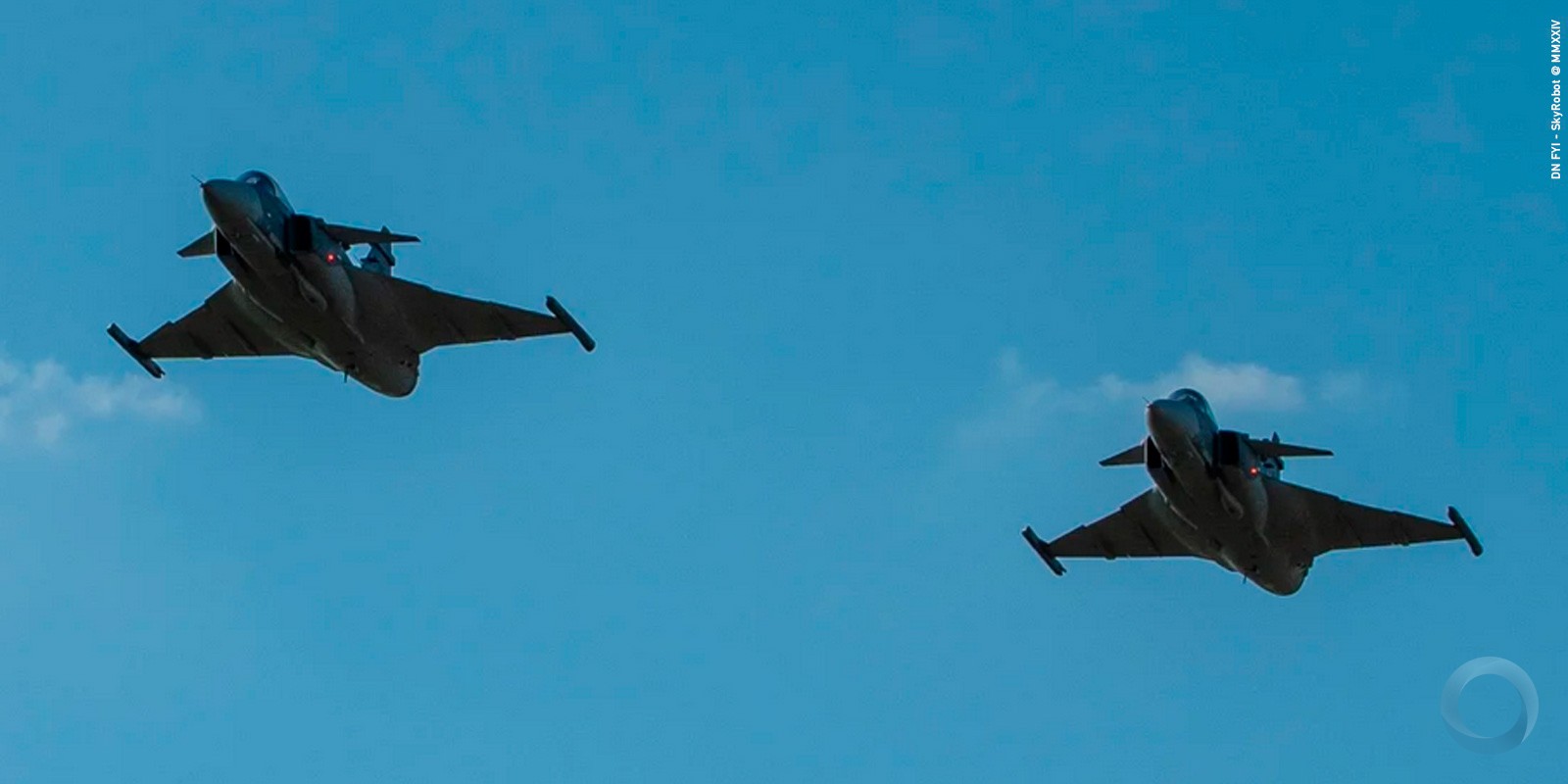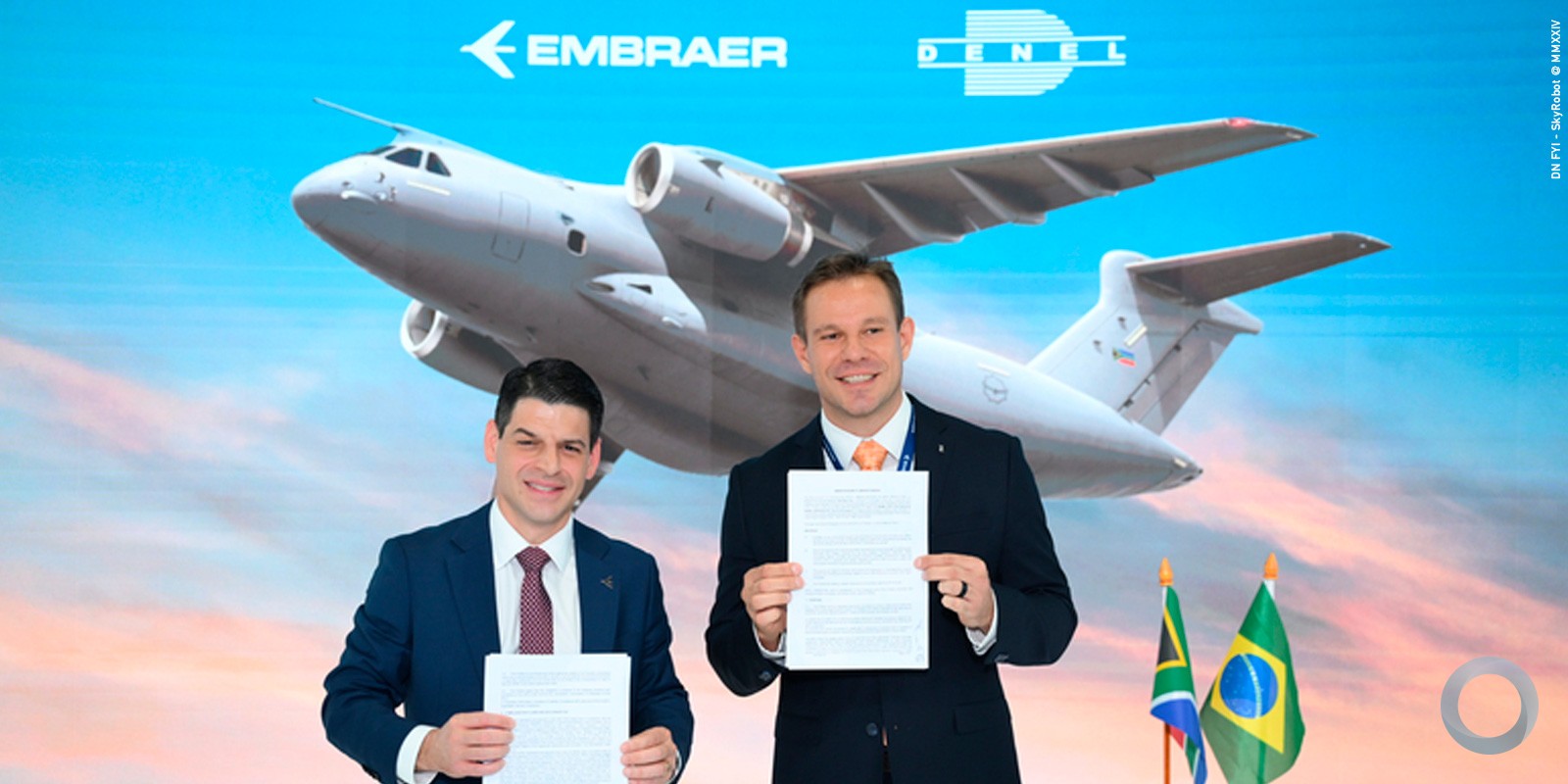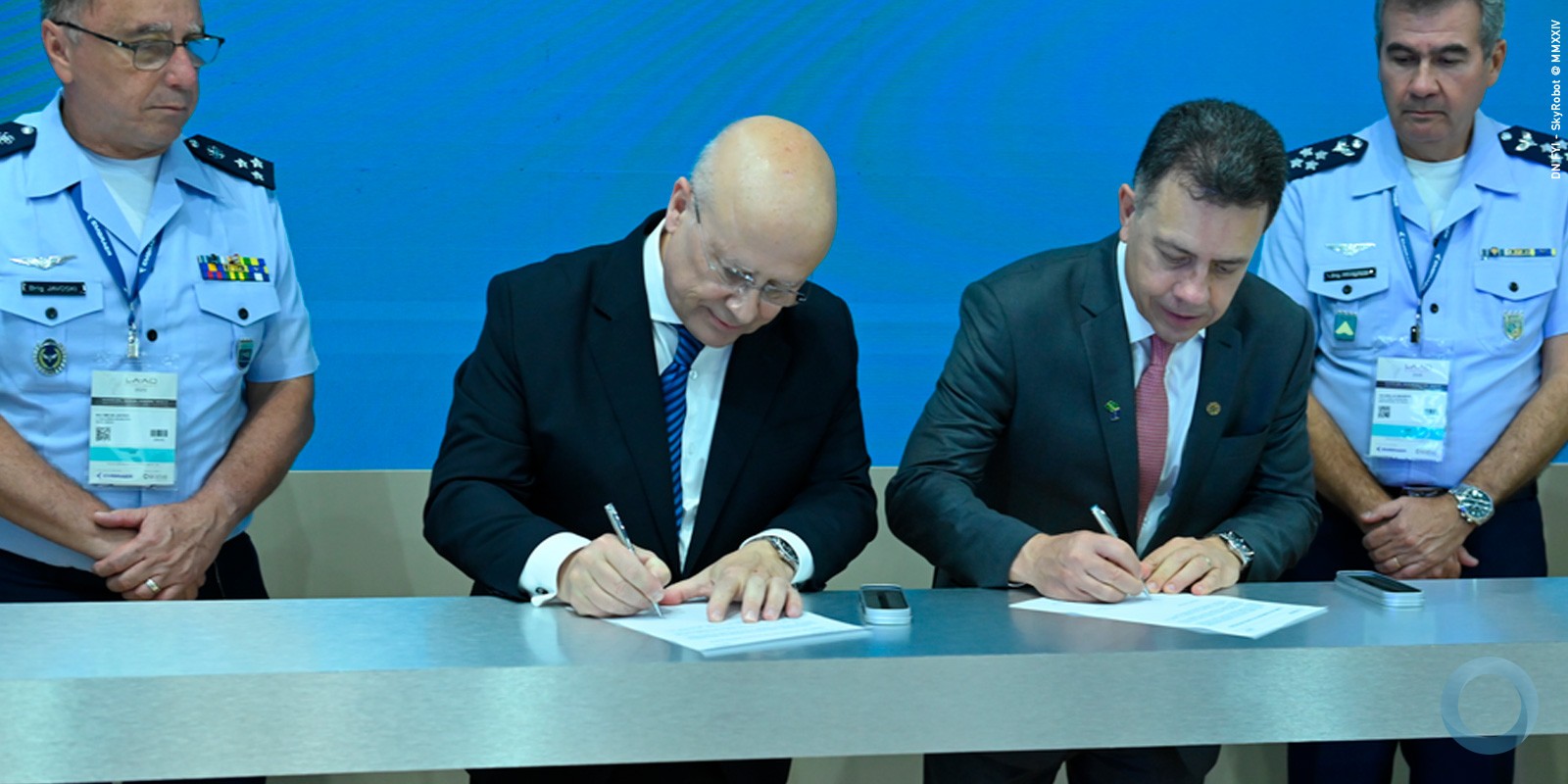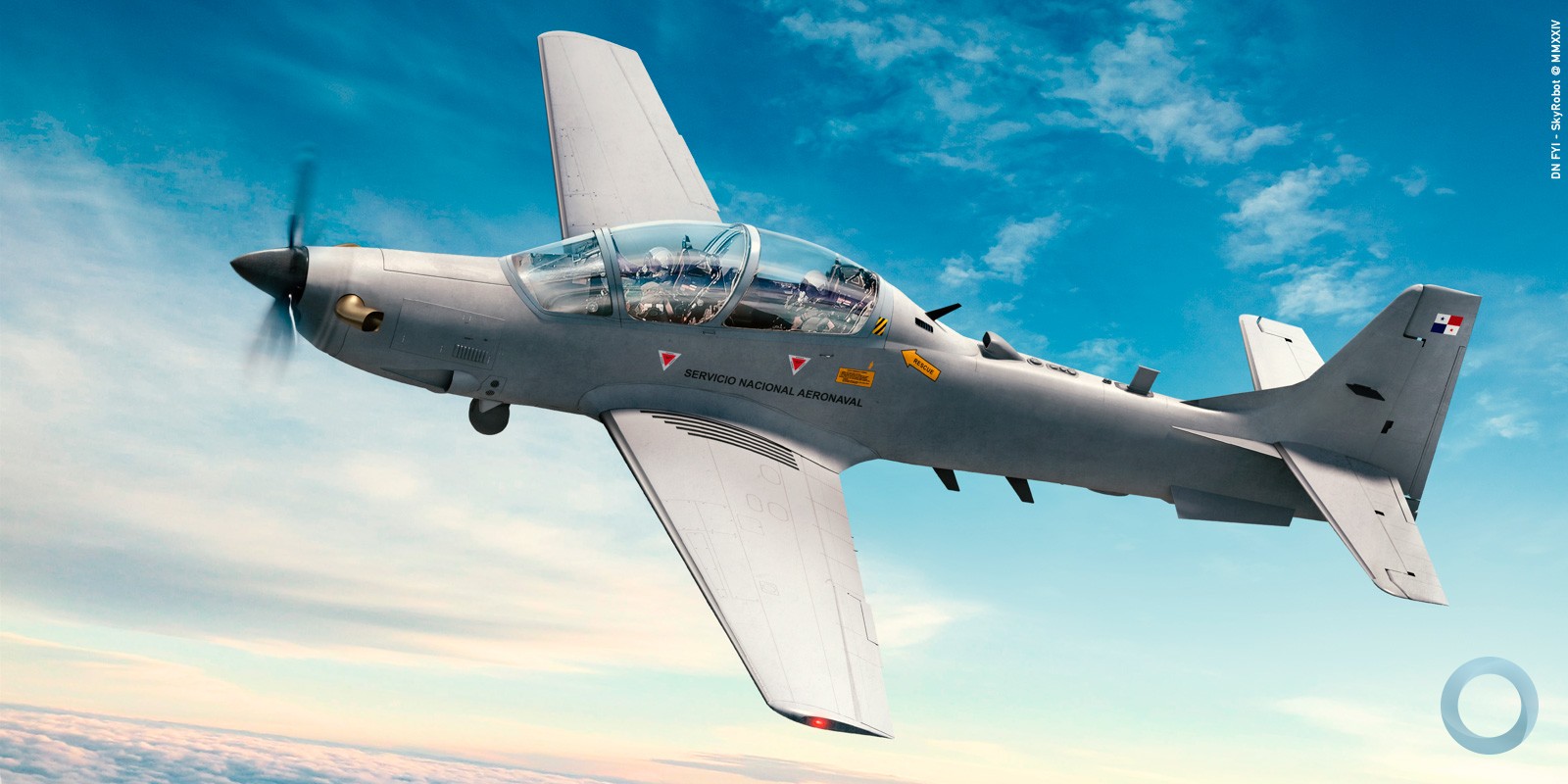Li Shuyin
People's Liberation Army (PLA) Academy of Military Science.
The views do not necessarily reflect those of China Military
Published China Militart January 5th, 2017
BEIJING, Jan. 5 (ChinaMil) — US President Barack Obama, three weeks before leaving office, announced some sanctions against Russia on Dec. 29 over alleged election hacking.
But the Russian President Vladimir Putin, who usually strikes people as a tough practicer of "an eye for an eye", didn't adopt countermoves in return, only saying that steps to restore the bilateral relations between Russia and America will depend on Donald Trump's diplomatic policy after he takes office.
Why didn't Russia sanction US in return?
Putin's response showed that he kept the future Russia-US relations in mind and pinned his hopes on the US President-elect Donald Trump.
During the American presidential election, Trump once expressed his appreciation for Putin many times and vowed to repair the "couldn't be worse" US-Russia relations.
After he won the election, Trump not only appointed Exxon Mobil's CEO Rex Tillerson, who has close relations with high-level Russian officials, to be Secretary of State, but also moved Russia out of the "priorities" in his national defense memo, which meant he will no longer take Russia as a primary imaginary enemy.
In return, Putin expressed his appreciation for Trump in many ways on multiple occasions and showed his expectations for better bilateral relations.
All these episodes makes the world wonder whether the two powers will bury the hatchet after Trump claims the Oval Office in the 20th of January and whether they will walk into a spring of bilateral relations hand in hand.
History gives no reason for optimism.
But any over-optimistic judgment about Russia-US relations is ungrounded.
A look back on the history of Russia-US relations after the Cold War tells us that the US actually dominates the improvement of Russia-US relations. After the Soviet Union disintegrated, Boris Yeltsin made overtures to the US, only to see NATO's (North Atlantic Treaty Organization) expansion.
When Putin came into power in 2000, he set the clear goal of joining Europe. After the 9•11 terrorist attack in 2001, Putin was the first among world leaders to call then US President George W. Bush and agreed on US troops' entering Central Asia, but his efforts to mend the relations between his country and the West only witnessed NATO's continuous eastward expansion and the "Color Revolution" in some states of the CIS (Commonwealth of the Independent States).
When Medvedev became Russian President, he rolled out a pro-West modernization path, which was only paid off with Russia-Georgia conflicts and the deployment of US missile defense system in Eastern Europe.
Putin's third presidential term began amid America's strong opposition to the shift from "Medvedev-Putin regime" to "Putin-Medvedev regime". At that time, the US spent nearly $100 million supporting all kinds of non-government organizations in Russia to instigate "color revolution" and prevent Putin from being elected. This plunged Putin and Obama's personal relations to the bottom and the relations between the two countries kept worsening ever since. The Ukraine crisis and the Syrian civil war later drove them farther down the path of confrontation.
So far no solution to structural conflicts.
The Russia-US relations have such a bumpy road of development and the two countries have eventually become hostile towards each other fundamentally because of their structural conflicts.
First, they have geopolitical conflicts. Russia always cherishes the dream of restoring its glory in the Soviet Union period, which conflicts with America's goal of maintaining the Cold War results.
Putin considers the disintegration of Soviet Union a disaster and believes it's necessary to "re-integrate the areas of the former Soviet Union". For many years he has been trying to re-establish the old sphere of influence by reinforcing the CIS and forming the Eurasian alliance.
Trump, on the other hand, didn't say the US "will lead the world for another 100 years", but his election campaign slogan was "re-creating a great America". Hence, despite his praises of Putin, he by no means wants to see a Russia powerful enough to weaken America's influence in the Eurasian continent. In other words, the US won't give up its influence on Eastern European countries and its military presence in regions around Russia.
Second, they have conflicts in international relations. Russia always emphasizes the buildup of a multi-polar world and wants to become an influential pole in international matters, thus securing an international standing equal to the US.
Putin has long been dissatisfied with Russia's position in the G8 (Group of Eight) and its lack of deciding power in the NATO-Russia Council. Therefore, although Putin is full of expectations for improving the Russia-US relations, he stressed that the first thing he will talk about when meeting with Trump is "normalizing" bilateral relations, which implied that a new chapter of the Russia-US relations can only be initiated on an equal footing.
However, the US upholds the policy of weakening and containing Russia, and doesn't think Russia, as the successor to the Soviet Union that lost the Cold War and a rival that is economically weak, has enough cards in hand to bargain with the US. Even if Trump doesn't view Russia as a rival, he will barely view it as an equal partner.
Third, the two powers have conflicts in military security. Russia insists that security is inseparable and that one country's absolute security means the insecurity of other countries. Russia resolutely opposed America's deployment of anti-missile systems in Eastern Europe and Eastern Asia and believes that will seriously undermine global strategic stability, regional security and Russia's interests.
Meanwhile, Russia views America's development of the Prompt Global Strike (PGS) system and NATO's enhanced military presence in Eastern Europe as military threats. Putin made remarks about strengthening the military on several occasions recently, in which he demanded the Russian military to pay close attention to changes in the global military and political situations and NATO's dynamics on the Russian border, put more investment in the development of high-tech armaments.
In this circumstance, the Trump administration will neither slacken its vigilance against Russian military nor withdraw the 1000 US troops to be deployed in the three Baltic Sea countries and Poland. The military confrontation between the US and Russia will be likely to continue.
Based on the above analysis, Trump will definitely take a series of unusual steps after he comes in office and will adopt measures to mend the US-Russia relations, while Russia will create conditions for the improvement on the premise of not harming its national interests.
The two sides may have a "honeymoon", during which they will have limited cooperation on the Syrian issue and counter terrorism, and the US may lift some sanctions against Russia. But it's impossible for Trump to change America's consistent policies.
If Trump, as a shrewd businessman, finds that he suffers losses to Putin who is good at international strategic planning, he will mobilize all resources for retaliation, and then the trend of Russia-US relations will be hard to predict.
The Russian side definitely hopes the Trump administration will soften the bilateral tensions in a more constructive way, but "rebooting" the crashed Russia-US relations won't be a "plain sailing".
.






